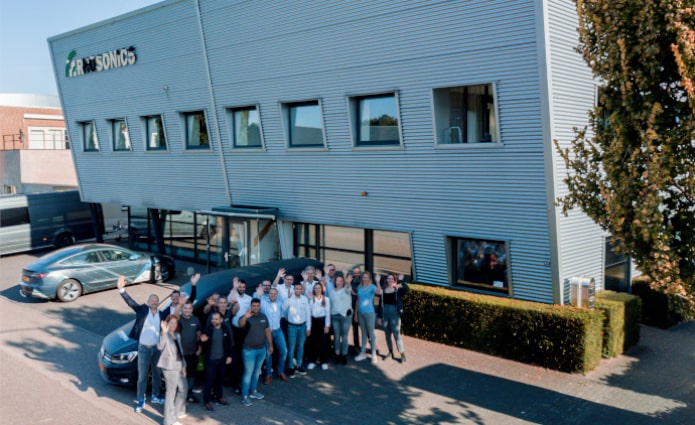roof-tiles
Roof-tile manufacturing involves several stages. Clay material is separated based on specific factors to fit the final product. Then, the material is rolled, and a mixture of fiberglass and cement, called fiber cement, is added in the mixing tank. Fiber cement is durable, water-resistant, and does not crack or rot.
In some cases, customers have installed the SDM WT in the underflow of the mixing tank to measure the % of solids and control the fiber cement’s thickness. The measuring instrument’s output is used to regulate the process using valves for water addition and slurry mass.
Due to frequent temperature changes, a PT-100 is necessary for real-time temperature compensation to accurately measure the % of solids. Controlling the % of solids ensures the correct product quality before the slurry is transported to the molding phase where roof-tiles are produced.
Measuring the % of solids in the feed to the machine is crucial because the mass of solids directly affects the roof tiles’ thickness. The end product requires a specific roof tile thickness. Failure to monitor and control the process can cause variations in density and affect the final product’s outcome.
Also, read our blog about this application.

product choice for this industry
Get in touch with Rhosonics for further information about density control. If you want to learn more about our applications, then please also check our client cases and webinars.



